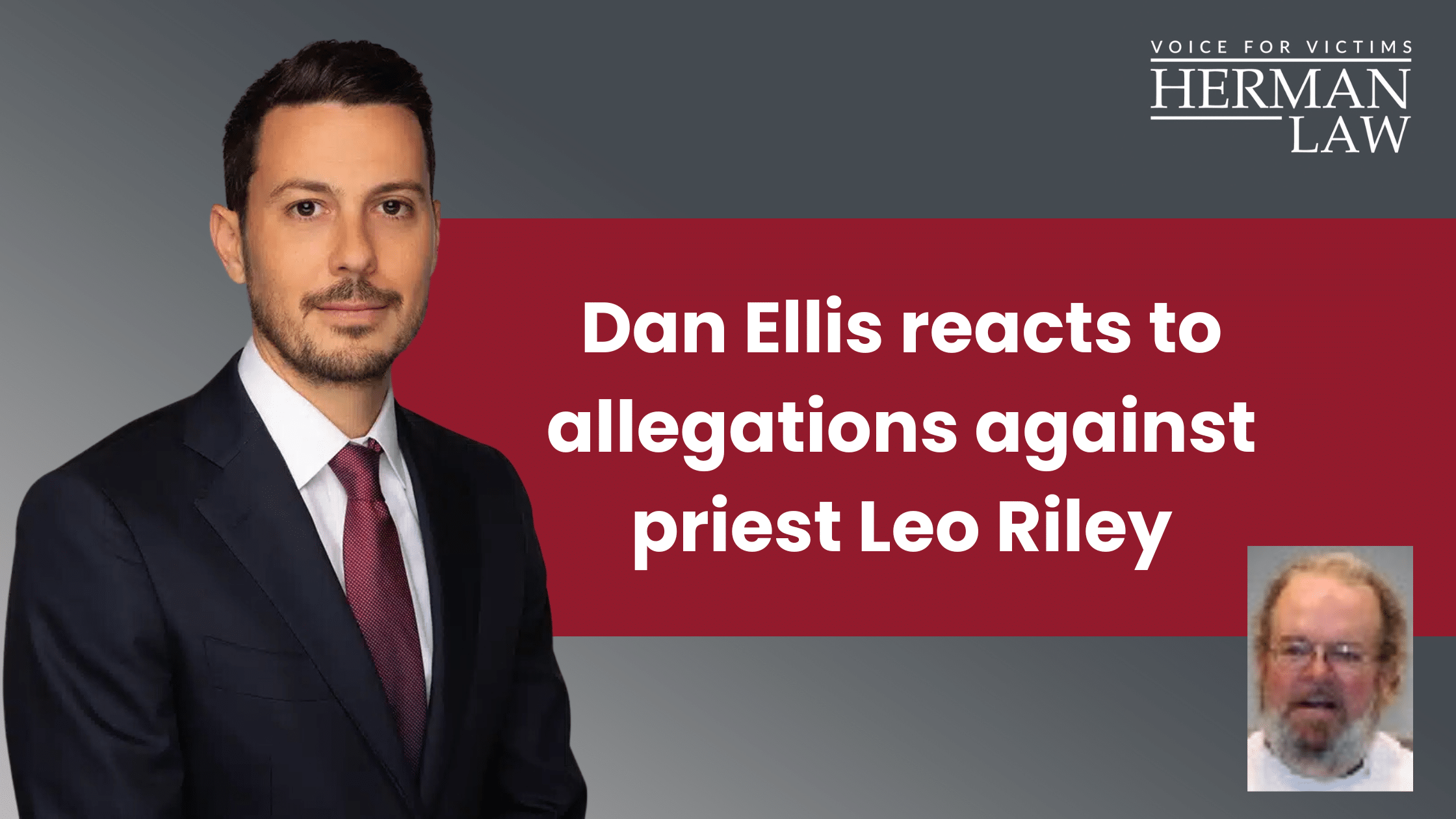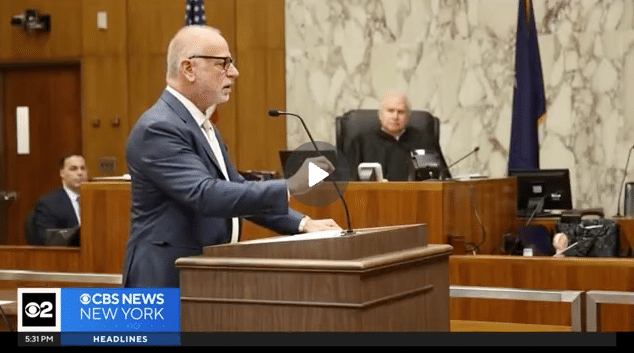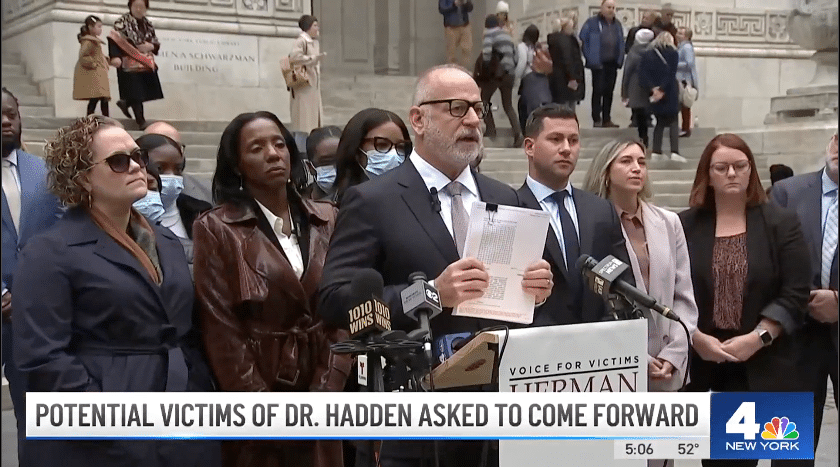According to Penn Live, two measures that would broadly reform child sex crime laws in Pennsylvania and revive expired statute of limitations for adults sexually molested as children on Monday moved one step closer to becoming law.
The House Judiciary Committee advanced to the House HB 962 and 963 for debate. The chamber could take up for second consideration as early as Tuesday. A full vote could come as early as Wednesday.
“What we have done before has not worked. We can get it out of the House but we are not getting it through the Senate,” said Rep. Mark Rozzi, D-Berks, moments after the committee advanced the bills to the full House. “We want to put the Senate on record voting to support victims and I think this is a way to get that done.”
Rozzi’s bill – HB 962 – would eliminate the criminal statute of limitations for child sexual abuse crimes going forward. Under its provisions, future victims of abuse would have until age 55 to file lawsuits. Currently, victims have until age 30 to pursue criminal charges and until age 50 to sue.
The other bill, House bill 963, sponsored by Rep. Jim Gregory, R-Blair, calls for a referendum seeking to amend the Pennsylvania Constitution to revive expired statute of limitations. Such an amendment would pave the way for a two-year retroactive window for victims who have “timed out” of the legal system because of expired statutes. That proposition has effectively been the death knell for previous efforts to reform the statute of limitations.
Efforts to reform the statute of limitations have failed in the General Assembly for years in the wake of a series of investigations into clergy sex abuse across the Roman Catholic Church in Pennsylvania, beginning with the Archdiocese of Philadelphia in 2005 and 2006. Since then, two grand jury reports have documented the chronic and systemic sexual abuse of hundreds of minors by priests from across all of the state’s eight Catholic dioceses.
The 40th Statewide Investigating Grand Jury last year once again recommended the elimination of criminal statutes for child sex abuse and the creation of a two-year retroactive window to file civil suits.
The scathing report found that more than 1,000 children were sexually abused in Catholic dioceses across the state over a period of seven decades.
While striking an optimistic note, Rozzi, who has been in this position several times already in his House career, noted that Monday’s stamp of approval on the bills was part of a long process.
Rozzi’s bill would also remove sovereign immunity in civil claims, meaning that if an institution has known about child sex crimes, it would be held responsible. Last year, some lawmakers fought for provisions that would shield institutions – including the Catholic church – from liability in decades-old child sex abuse cases.
Rozzi said the idea that a statutory change to the law without a constitutional amendment could be overruled in the courts would be devastating to victims. He noted the state Supreme Court’s decision to keep names of priests redacted in the grand jury report.
“I think I would rather trust our people to make this decision than our Supreme Court quite honestly,” Rozzi said.
Monday’s votes, while evoking optimism among some advocates and victims, also engendered skepticism and criticism among others.
University of Pennsylvania law professor Marci Hamilton, long an advocate for reforms in the law, excoriated the proposed bills.
“This latest divide and conquer strategy is completely unacceptable,” she said.
Hamilton explained that while HB962 would help future victims, scores of victims that have been denied justice as a result of expired statutes would be asked to wait for justice up to three years under the amendment bill.
Hamilton said the referendum process is likely to be unsuccessful and is not necessary.
Amending the constitution entails a lengthy and arduous process requiring identical bills to pass the House and Senate in two consecutive sessions before going to voters for ratification. So even if there is support for amending the constitution to allow for a retroactive window for victims, it will take at least three years.
“As the Attorney General and I have separately argued, a civil window is constitutional under Pennsylvania law,” Hamilton said. “This is a clever strategy by the bishops to inject further delay against the victims they created. “
Pennsylvania, which sparked widespread states investigations into clergy sex abuse following last year’s grand jury report, is increasingly distinguishing itself as the only state regionally yet to reform statutes of limitations.
New York, home of the country’s largest archdiocese, as well as New Jersey, recently expanded their civil statute of limitations on sexual abuse. Dozens of other states, including California and Virginia, are considering similar measures.
“The real tragedy is that lawmakers are even considering doing this to the victims in Pennsylvania while surrounding states’ lawmakers in N.Y. and N.J. have chosen children and the victims over the predators and their enabling institutions,” Hamilton said.
When the proposals land on the House floor for a full vote, it will mark yet another round at attempts to reform child sex crimes in recent years.
In September, just weeks after Attorney General Josh Shapiro announced the findings of the investigation, the House voted overwhelmingly for a retroactive two-year window for victims of child sexual abuse to sue. The measure was blocked by Senate Republicans.
“My heart goes out to the countless victims in Pennsylvania who will continue to suffer in silence,” said nationally recognized sex abuse attorney Jeff Herman.
For decades, victims abused in New York quietly suffered due to the strict statute of limitations in the state. But the time for healing and justice has finally come with the recent passing of the New York Child Victims Act. The one-year long look-back window will allow victims of any age to share their stories and seek civil damages beginning on August 14th.
“The healing process begins as soon as one speaks about the tragedy that happened to them,” said Jeff.



